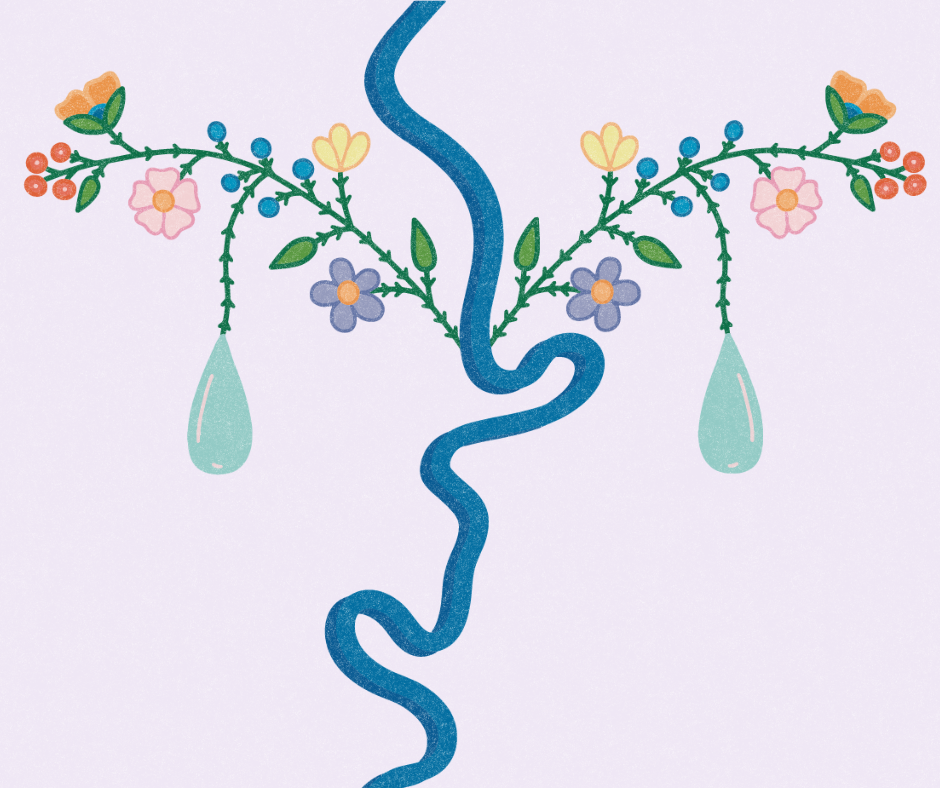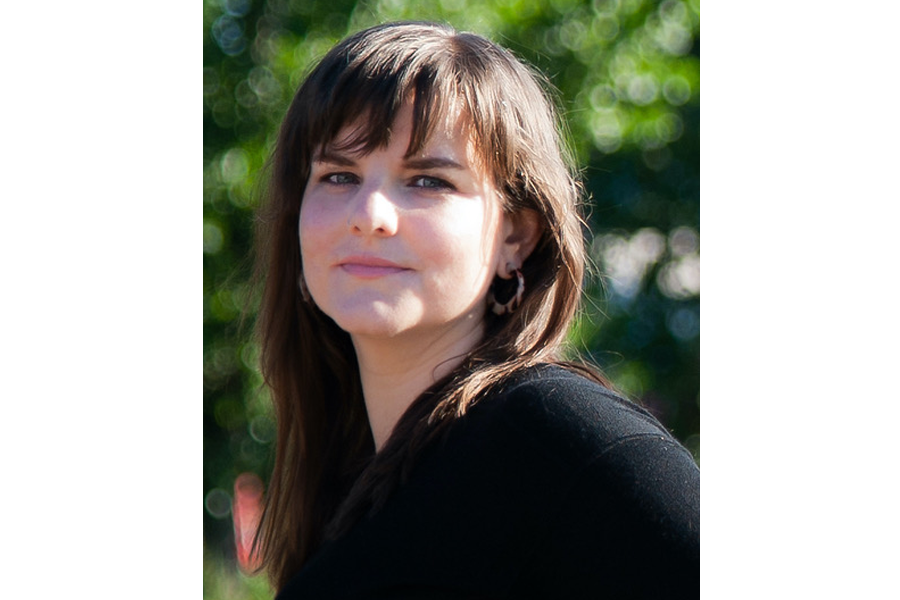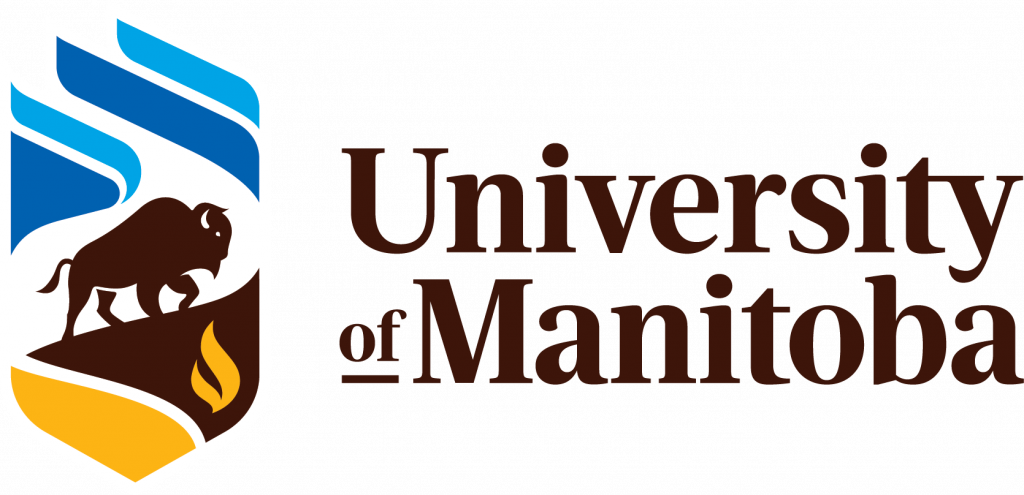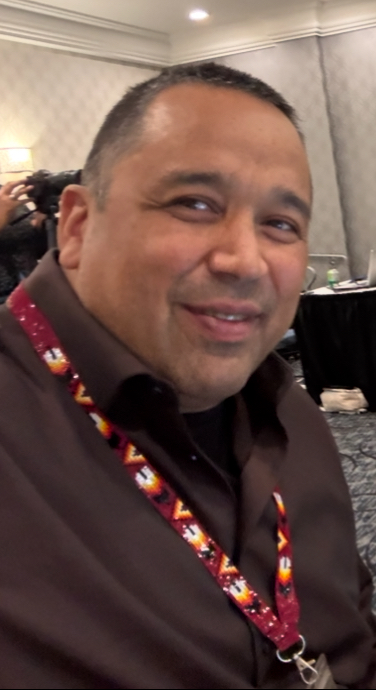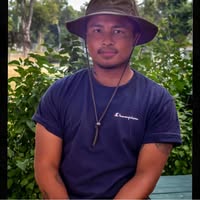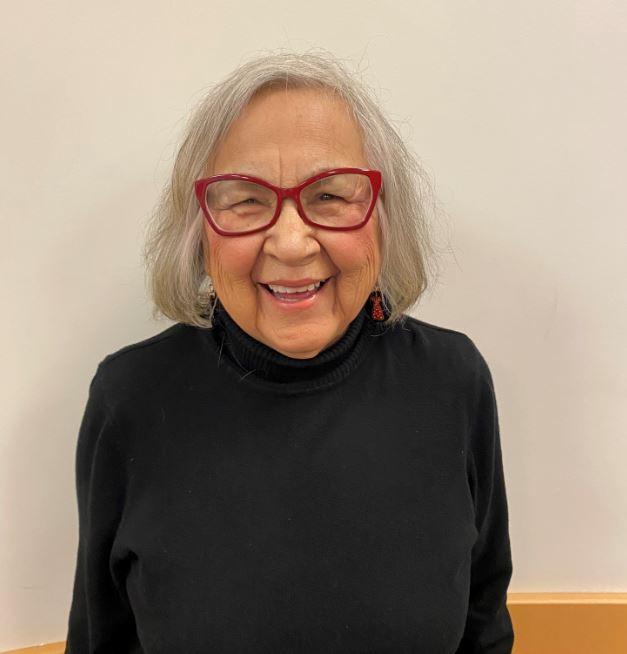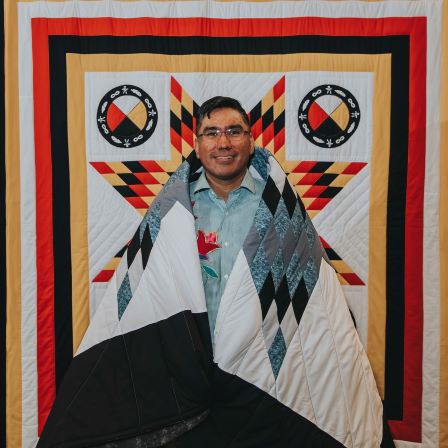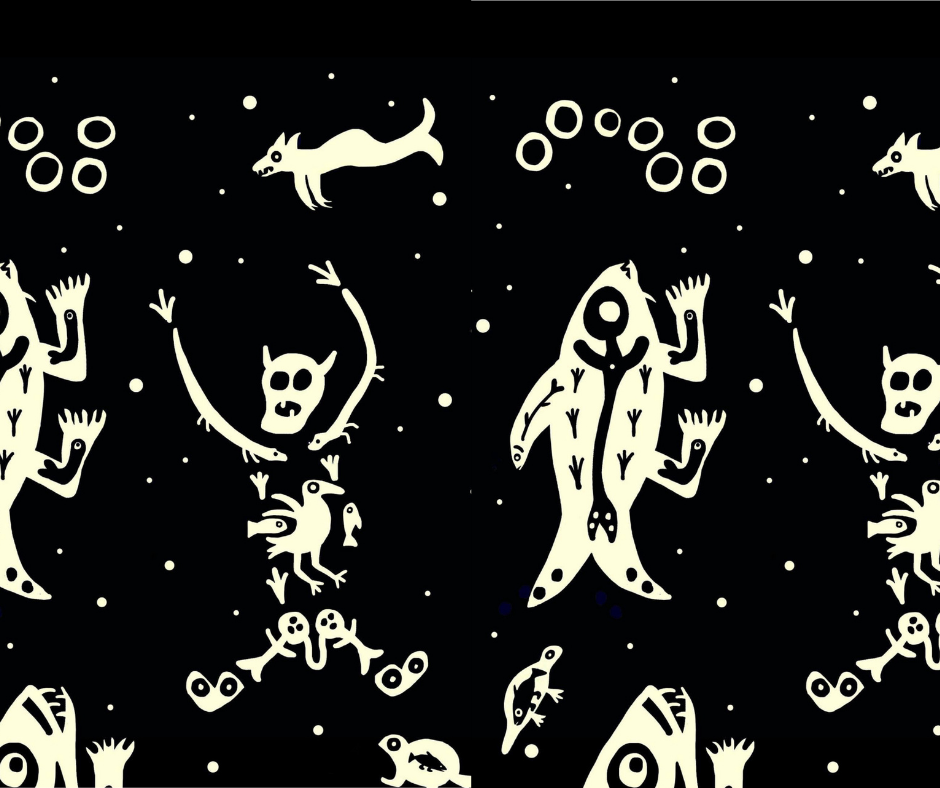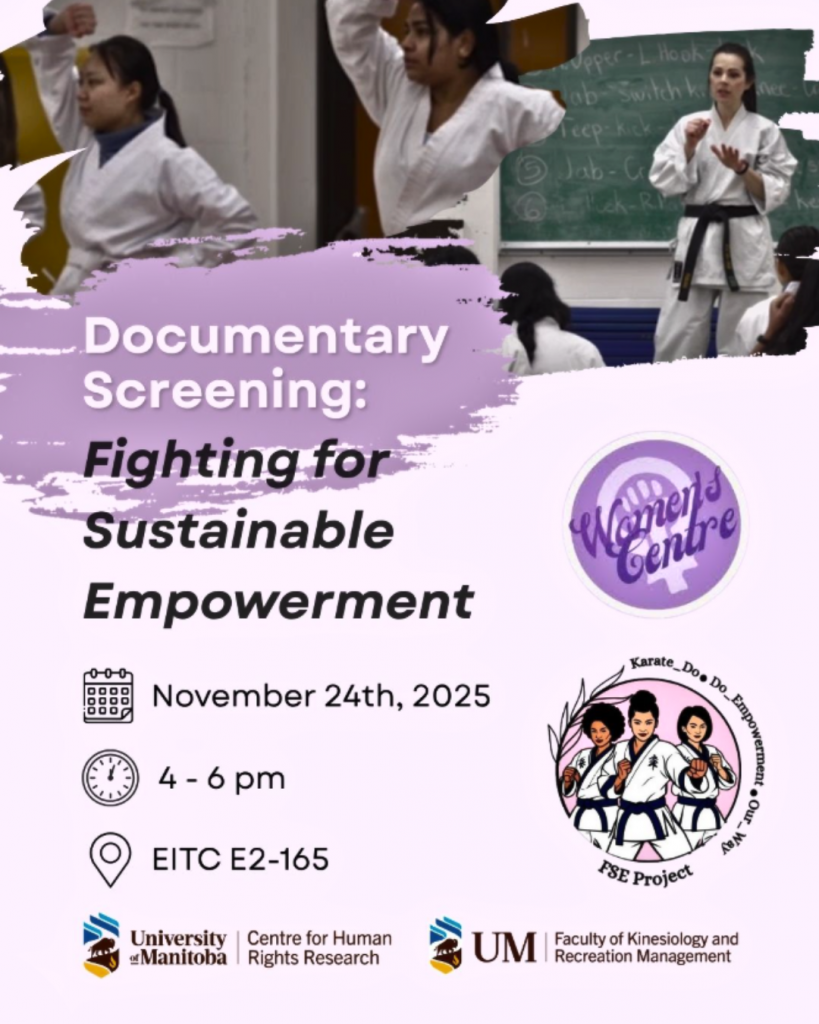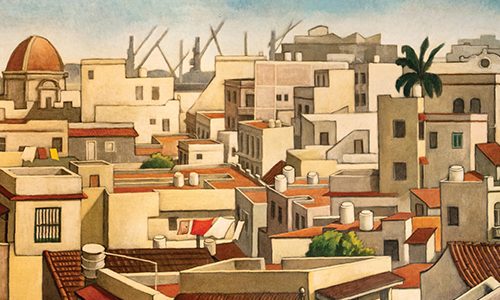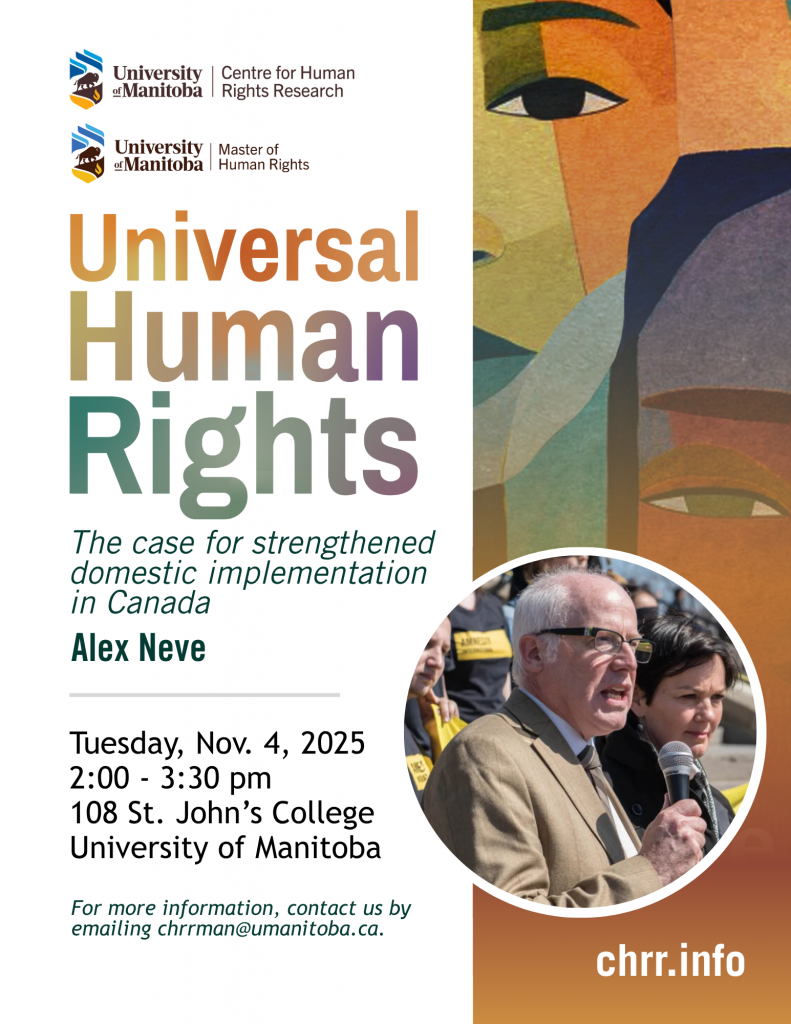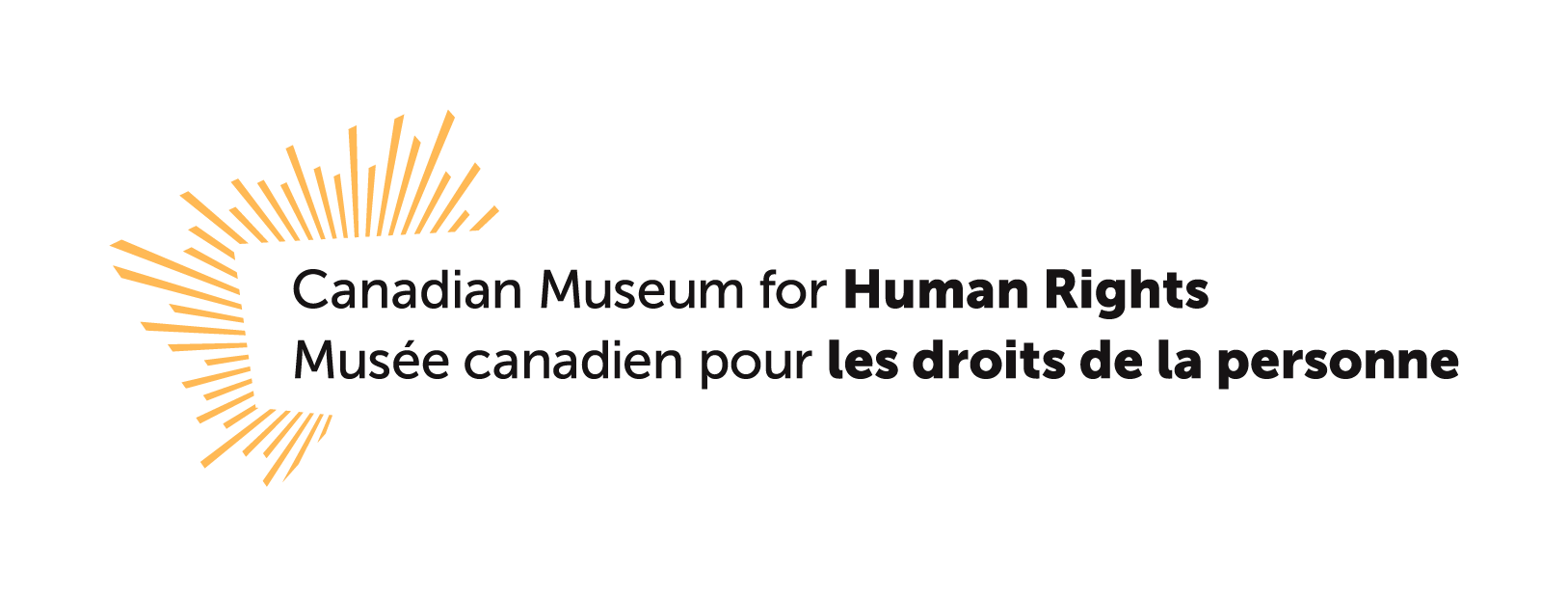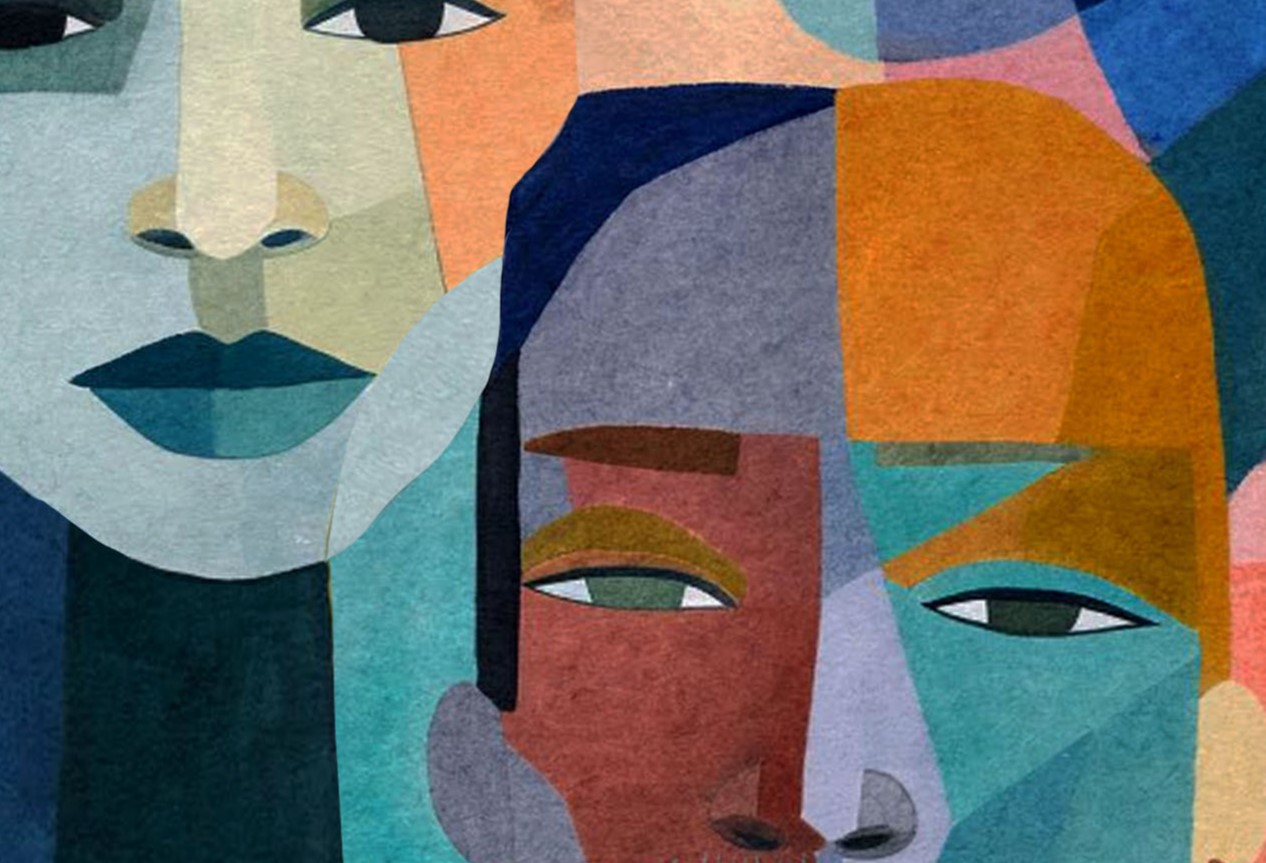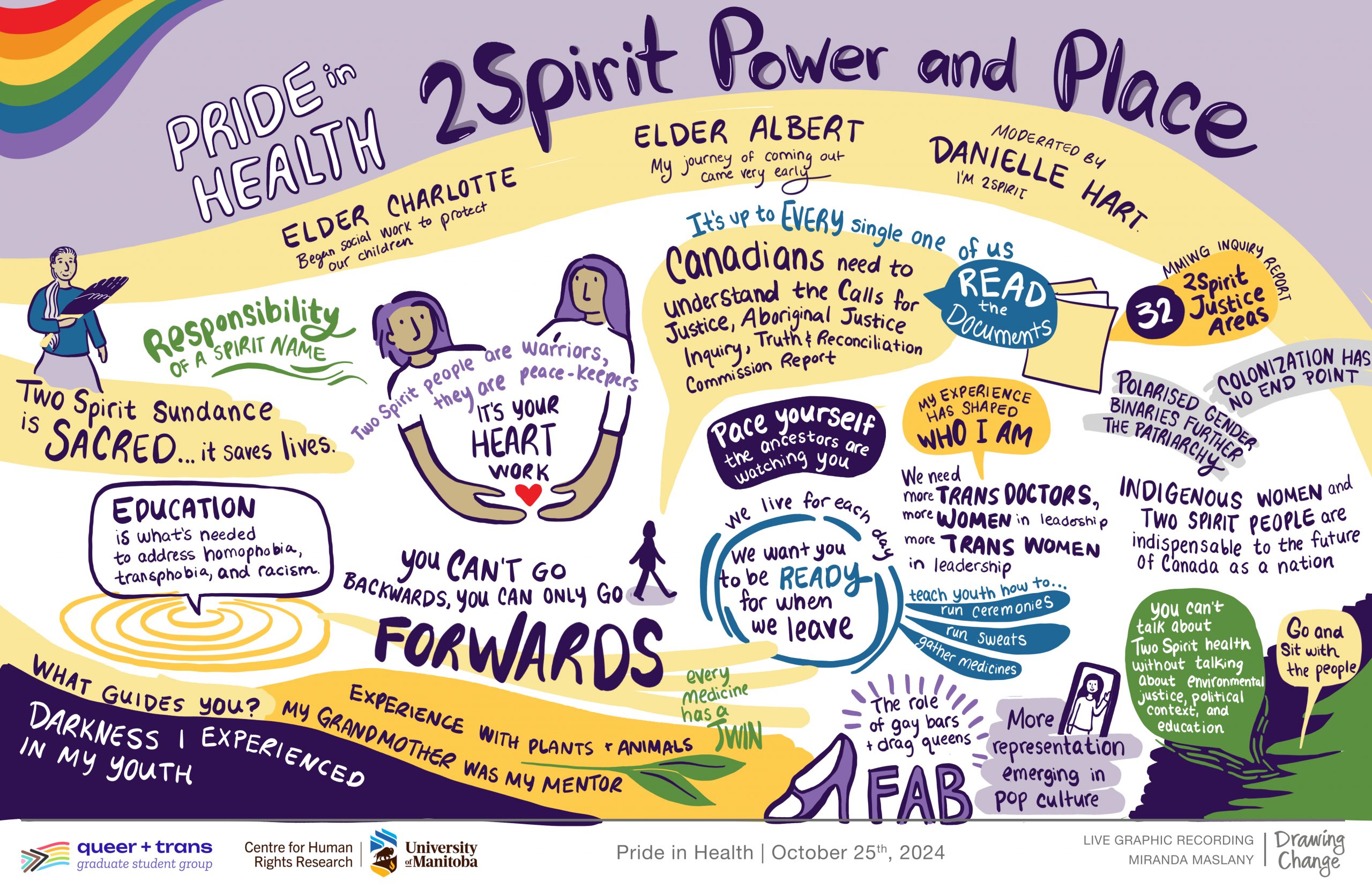In collaboration with the Faculty of Arts, the Centre for Human Rights Research (CHRR) is hosting Dr. Lindsay Larios and Emma Cowman for a lecture titled ‘Abortion in Manitoba: A feminist community-based approach to abortion access research’.
The lecture will be held on Wednesday, January 28, 2026 from 1:00 – 2:30 pm in 108 St. John’s College at the University of Manitoba – Fort Garry Campus. For information on getting to the University of Manitoba, see: https://umanitoba.ca/about-um/our-campuses/getting-here
This is a free event. No registration is required.
This seminar is a part of our annual Critical Conversations seminar series. This year, the seminar series will focus on feminist research methodologies, exploring various ways research is done within feminist and anti-oppressive scholarship.
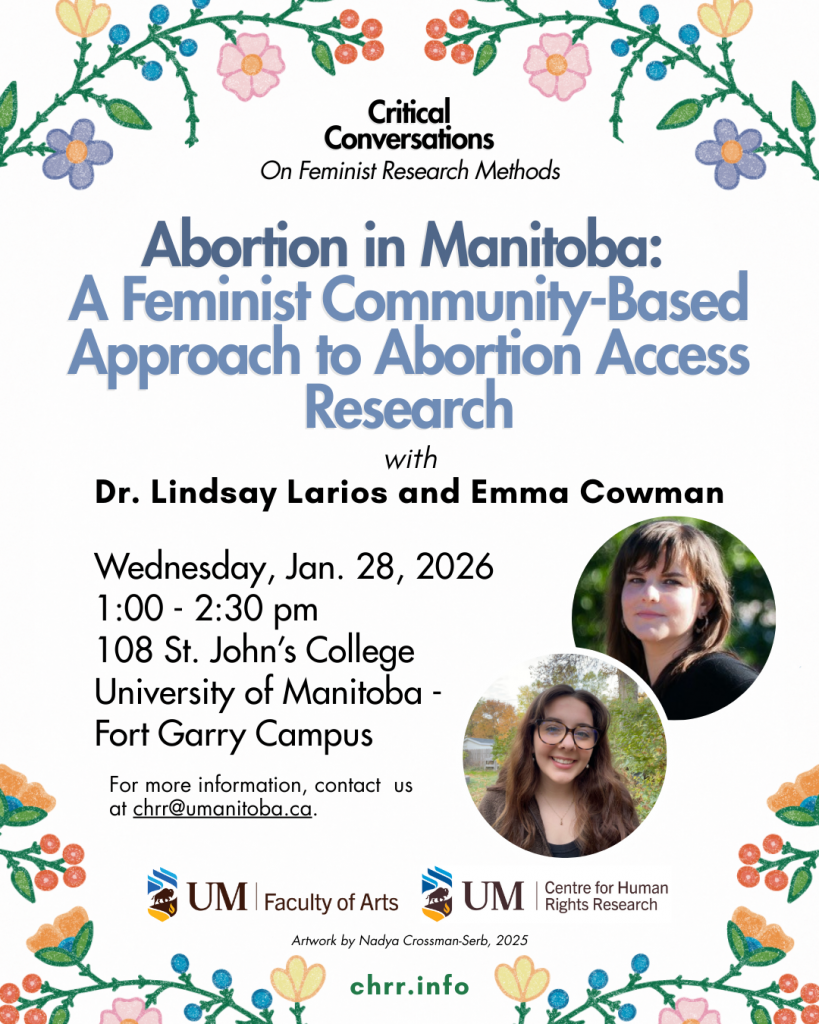
About the Speakers
